If you tuned in to the first New York City Democratic mayoral primary debate hoping for vision, leadership, even a halfway compelling reason to stay in the city – you were sorely disappointed. What we got instead was two hours of political karaoke: forgettable performances, familiar refrains and not a single candidate who looked remotely prepared to lead America’s largest city out of the hole it’s in.
The media crowned former governor Andrew Cuomo the winner, but that says more about the sad state of the field than it does about Cuomo’s abilities. He barely had to try. Like a career politician coasting on name recognition and reflexes, he sleepwalked through the evening while eight other candidates took turns lobbing stale criticisms his way. They all missed.
Cuomo is a political shapeshifter. He was in favor of the 2019 bail reforms that made the city less safe. He presided over the disastrous nursing home policy during Covid that led to thousands of preventable deaths. He left office under a cloud of sexual harassment allegations. And now he’s back – rebranded as a “reasonable Democrat outsider” who can somehow stand up to Donald Trump? It’s laughable. But in this field, Cuomo looks like a giant only because he’s surrounded by pygmies.
The second-place spotlight went to Assemblyman Zohran Mamdani, who, in typical socialist fashion, offered a vision so divorced from fiscal reality it felt more like a college-dorm manifesto than a governing agenda. His signature policy? Free buses. Never mind that most people already ride them for free – they just don’t pay for it. Totally laughable. Mamdani’s platform boils down to a familiar chant: “Tax the rich, and give everyone free stuff.” Universal housing, universal childcare, universal this, universal that. Never mind how to pay for it. Never mind what actually makes cities livable – public order, economic growth, functioning infrastructure. Mamdani isn’t running to lead; he’s running to grandstand.
As for the rest – Brad Lander, Adrienne Adams, Michael Blake – it’s hard to remember anything they said at all. And that’s the problem. These are candidates who might make decent mid-level bureaucrats, but not one of them demonstrated the clarity, courage or charisma needed to steer a city in crisis. Their policy proposals were so unserious, it was like watching a brainstorming session at a failing nonprofit. One floated $500 stimulus checks for every New Yorker – as if that’ll fix a crumbling city. Another proposed an online portal to help people “share” childcare. Yes, you read that right: a course-sharing plan for toddlers. You can’t make this stuff up. They’re not running on solutions – they’re grasping at straws.
The format didn’t help, of course. Thirty-second answers may be fine for TikTok, but they don’t lend themselves to solving complex problems such as crime, housing or collapsing public education. Still, the deeper issue wasn’t the timer – it was the total absence of leadership on that stage. No one offered a vision. No one conveyed urgency. No one looked like they had a plan to bring back the city so many have already given up on.
And where was Eric Adams? The sitting mayor has decided to run as an independent after losing favor with the party machine. That alone speaks volumes. The fact that the man currently occupying Gracie Mansion didn’t even participate in the primary debate suggests that the Democratic party in New York has become an echo chamber, more interested in progressive purity tests than practical governance.
Let’s be clear: New York is not doing well. Crime is up. Businesses are fleeing. The cost of living is unbearable. The public school system is broken. The MTA is a punchline. And behind the numbers is something even more troubling – a cultural exhaustion. People don’t just feel unsafe; they feel unrepresented, unseen and unheard. They’re watching their city slip away, and the political class is too busy reciting slogans and pointing fingers to do anything about it.
That’s what made this debate such a painful spectacle. It wasn’t just boring – it was demoralizing. Because when the people of a great city look to their would-be leaders and see no one worth believing in, something fundamental breaks. It’s not just politics that suffer. It’s trust. It’s hope. It’s the basic sense that things could get better.
New York City used to be a place where leadership mattered – where mayors had stature, vision and a sense of moral purpose. Love them or hate them, Fiorello LaGuardia, Ed Koch, Rudy Giuliani and even Michael Bloomberg all had real ideas and real conviction. Today, all we’re offered are social-media influencers with policy briefs.
This isn’t just a Democratic party problem. It’s a cultural one. We are witnessing the slow-motion collapse of seriousness in public life. The candidates in this race aren’t leaders – they’re performers. And the result is a city on autopilot, drifting toward decline while the political class debates who can promise the most without delivering anything at all.
There’s a reason people are leaving New York. It’s not just the taxes or the crime. It’s the feeling that the city has no future. That nobody’s in charge. That nothing will get better. And until someone steps forward with the courage to tell the truth, make tough decisions, and actually lead, the exodus will continue.
So, who won the debate? No one. Certainly not the candidates. But the biggest losers are the people of New York – once again left with a stage full of soundbites and no one worth following.



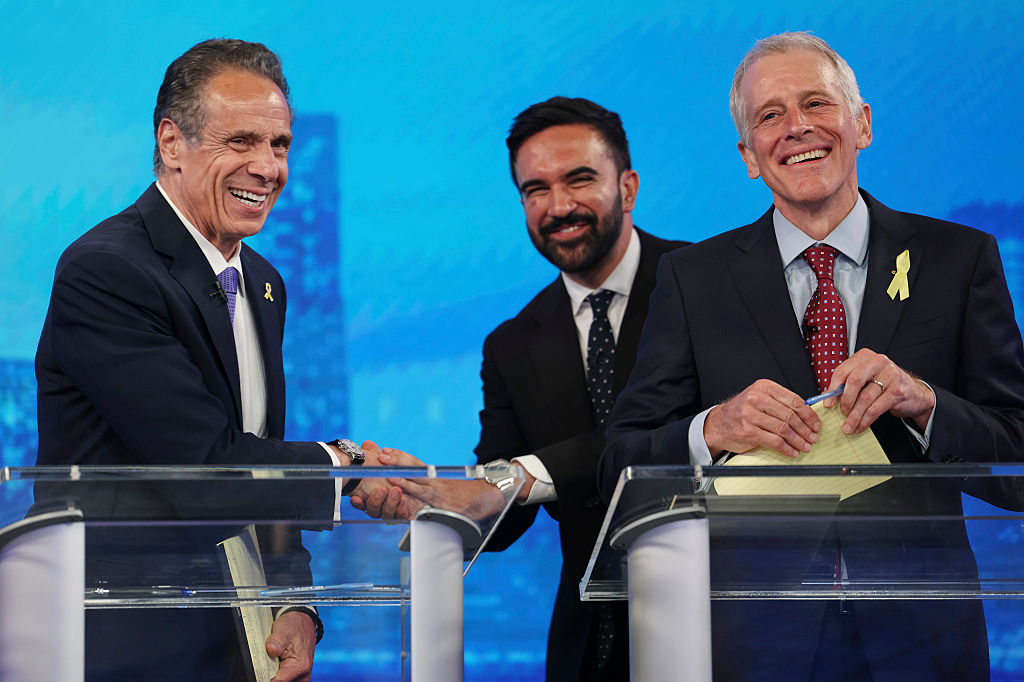






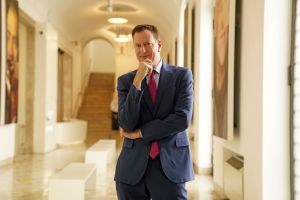
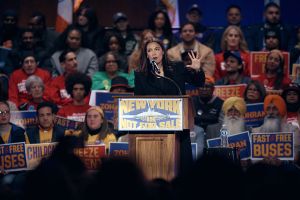
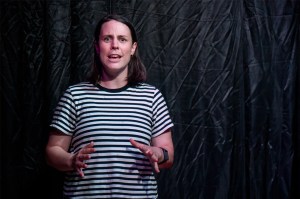
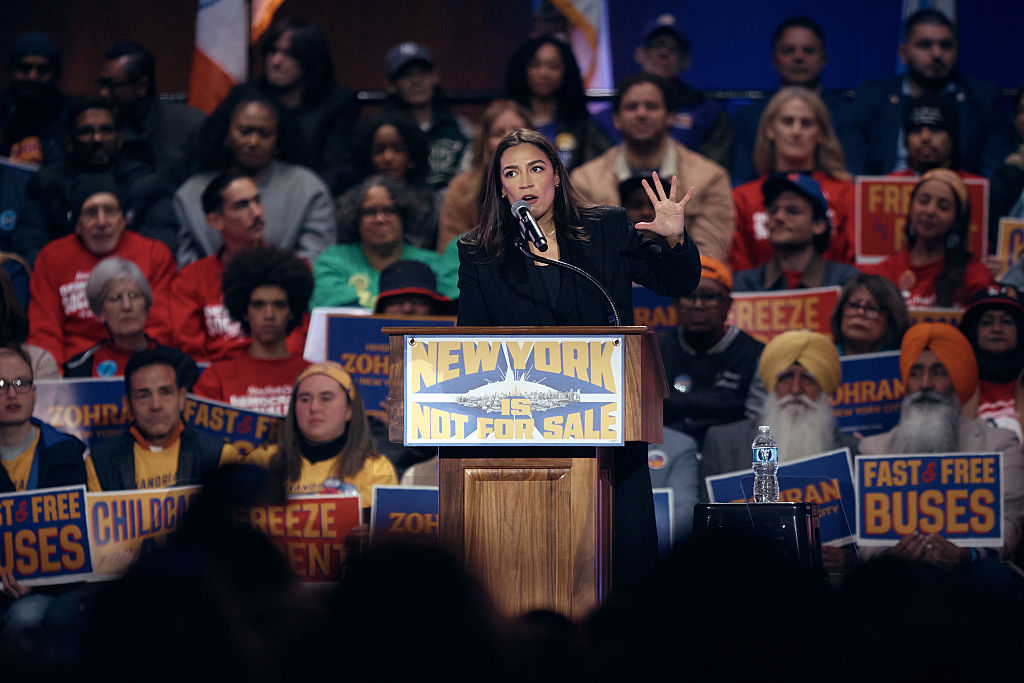
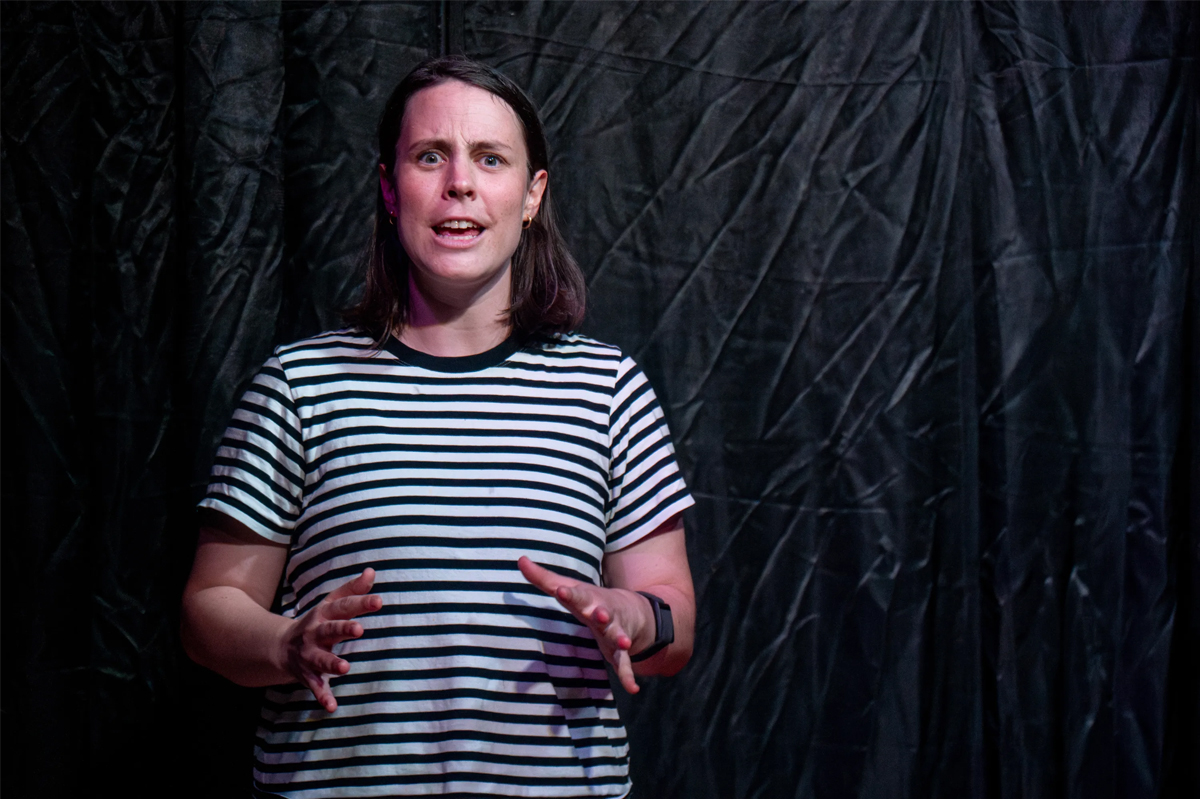
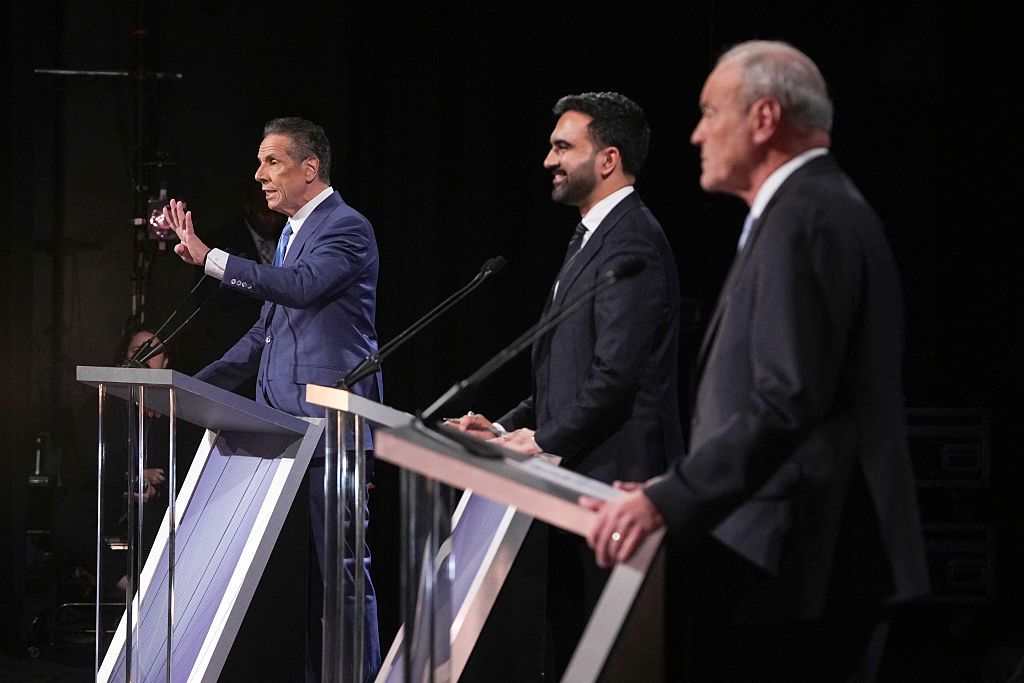
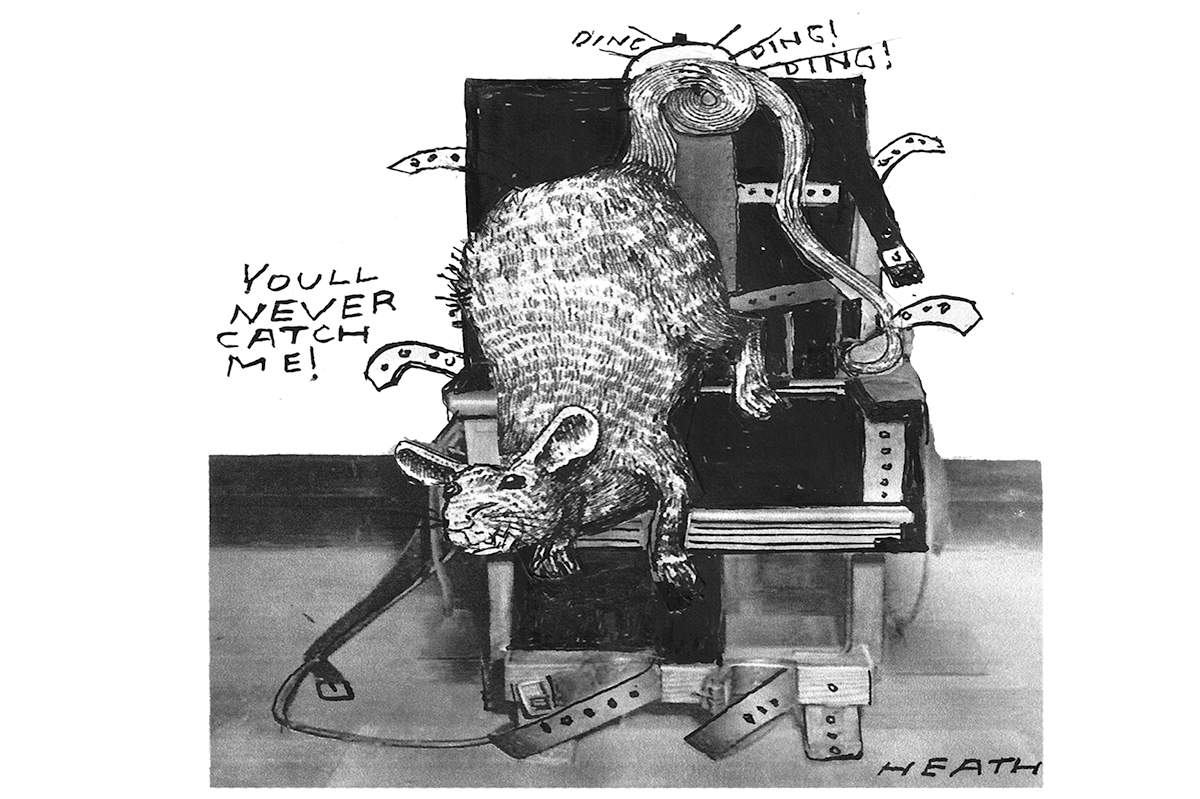
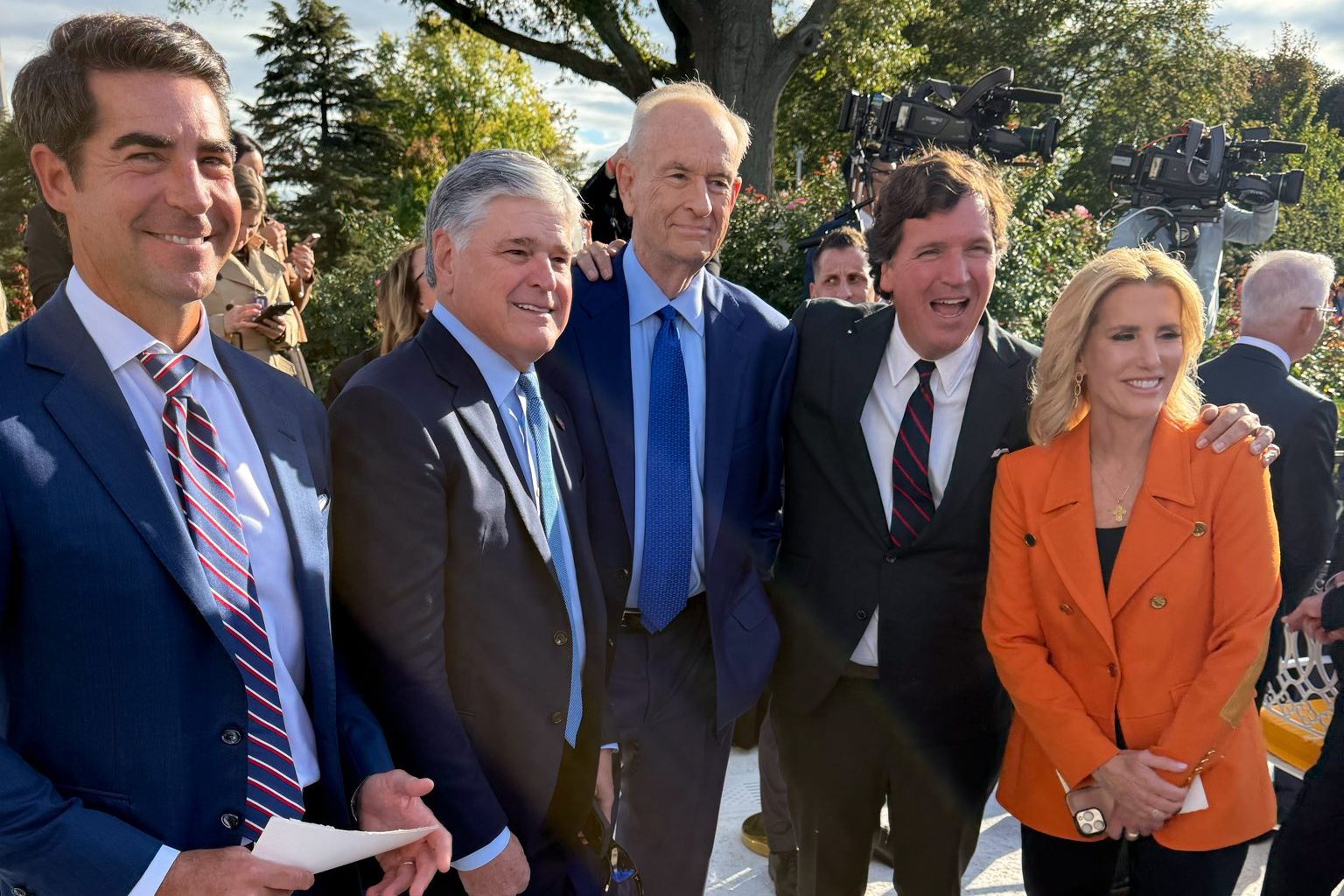
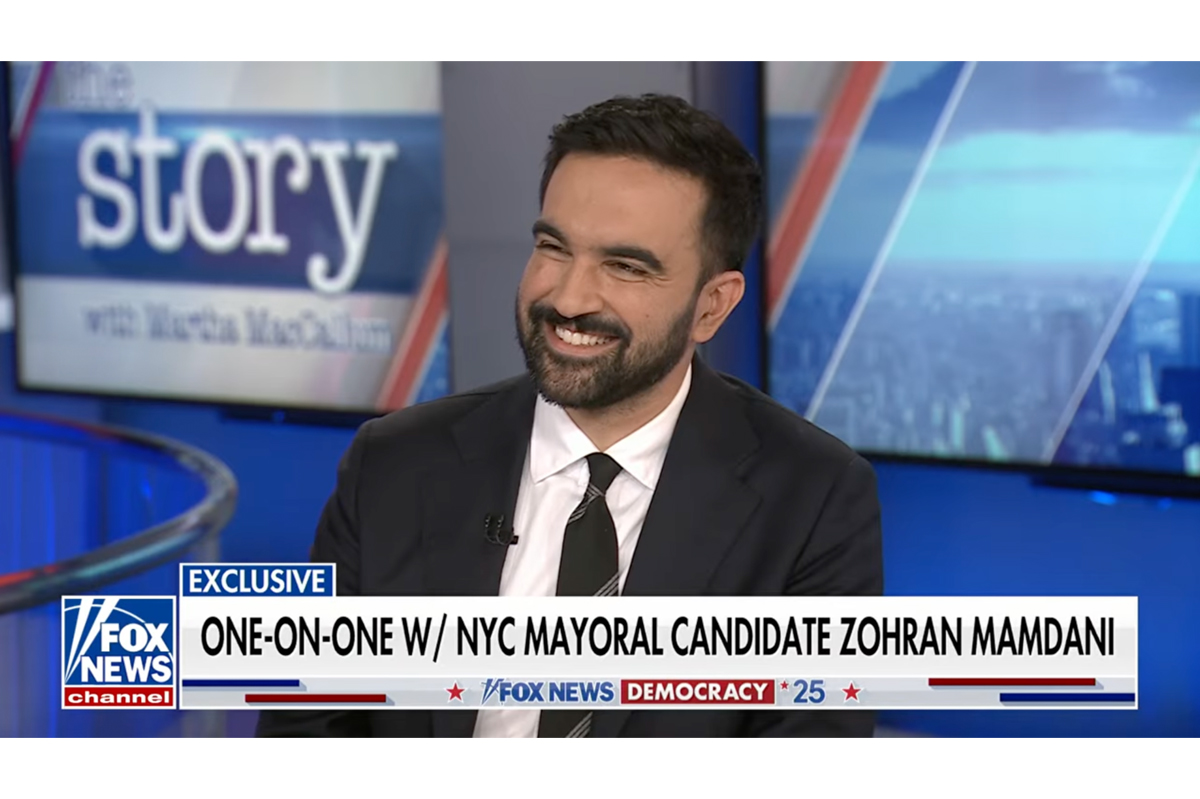







Leave a Reply